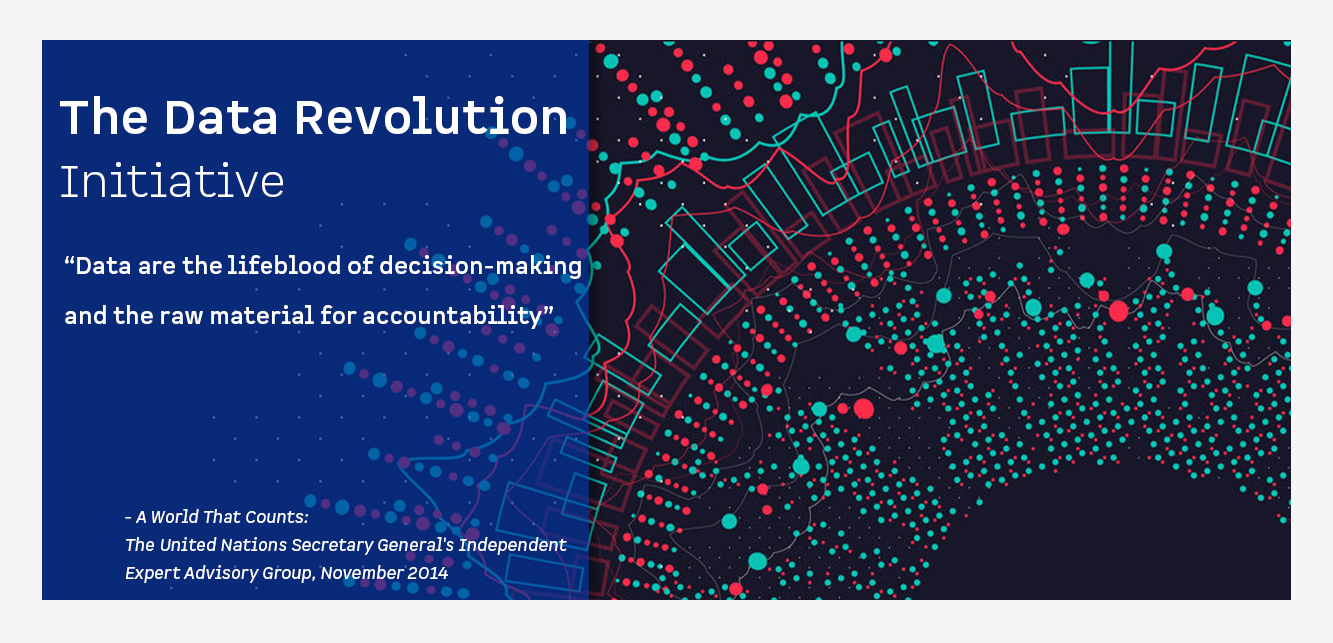
The Data Revolution Initiative
The Data Revolution has the potential to transform our lives in
various ways, such as work, learning, and decision-making, by
providing insights into complex problems, innovative solutions,
and enhanced system efficiency. However, achieving these benefits
relies on the availability of timely, accurate, and up-to-date
data.
Inspired by the United Nations call for a Data Revolution to
support the Sustainable Development Goals (SDGs), MEED Foundation
launched the Data Revolution Initiative to cultivate a
data-centered culture in Iraq and the Kurdistan Region. The goal
is to boost economic growth and sustainable development by
addressing the key issues of data gaps, data deficiency and data
illiteracy. This means working together across government, civil
society, businesses, academia, and international organizations.
The Data Revolution Initiative aims to demonstrate the power of
data partnerships to foster societal change, and sustainable
economic growth. The initiative began in the governorates of
Slemani and Halabja in the Kurdistan region of Iraq, with the
vision of creating a model that can be replicated in other cities
and governorates across the country.
Objectives:
The Data Revolution Initiative aims to achieve several important goals that can lead to positive change and transformation in various fields:
- Cultivating a Culture of Data-Driven Decision-Making: to nurture a culture that places data at the forefront of individuals and organizations. We aim to cultivate a mindset that deeply appreciates the role of data in decision-making, problem-solving, and strategic planning. By elevating data to a central position in the decision-making process, we empower policymakers and stakeholders to make informed choices, ultimately leading to more impactful and meaningful outcomes.
- Facilitate Growth and Cultural Shift: to enhance data utilization and foster a culture centered around data-informed decision-making. This entails incentivizing increased data gathering, enhancing data integrity, and optimizing data utilization.
- Foster Open and Accessible Data: Promoting a culture of openness and accessibility to data. This means making data available to everyone, including researchers, policymakers, and the public. This will help to promote collaboration, knowledge sharing, and innovation for the benefit of society.
- Promoting Data Transparency for Effective Monitoring and Evaluation: to highlight the significance of transparent data reporting and sharing. Transparency plays a vital role in ensuring the efficient monitoring and evaluation of progress towards our objectives and targets. Moreover, it enables stakeholders to accurately gauge the impact of policies, projects, and initiatives.
- Attract Foreign Direct Investment: Emphasising the importance of reliable data to attract increased foreign direct investment, providing potential investors with transparent and credible data to support their decisions.
MEED Foundation © Copyright 2024